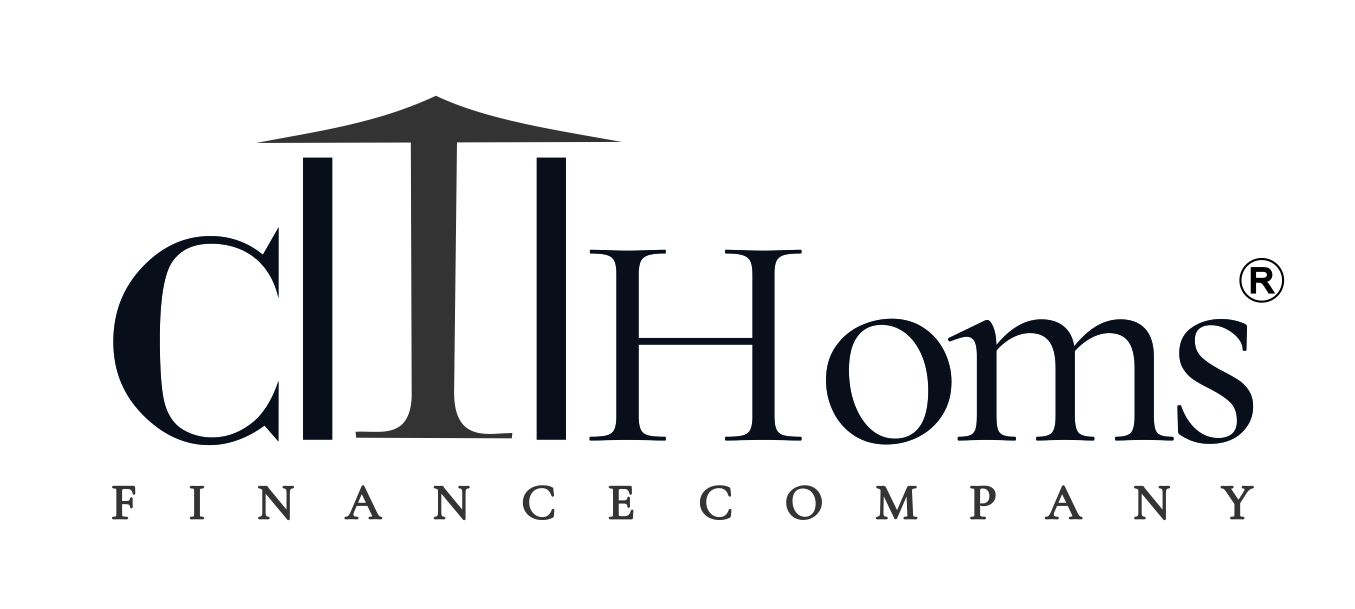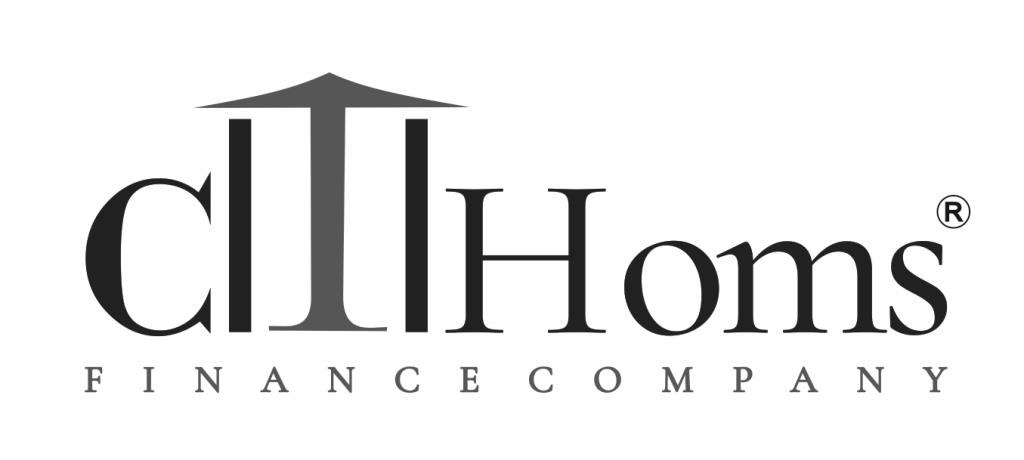Banking
Exploring the Nigerian Corporate Lending Landscape: Key Players and Market Dynamics

Corporate lending plays a vital role in the Nigerian economy, facilitating business expansion, infrastructure development, and investment activities. The market encompasses a wide range of financial institutions, including banks, non-banking financial institutions, and development finance institutions.
This corporate / lending environment is primarily governed by a set of regulations designed to ensure stability, transparency, and fair practices. The formulation and implementation of regulations governing corporate lending activities are primarily under the purview of the Central Bank of Nigeria (CBN). These rules include risk management recommendations, capital adequacy criteria, and prudential principles that are designed to protect the interests of both lenders and borrowers.
There are major key players in the corporate lending landscape, these key players wield significant influence and responsibility, shaping the direction and evolution of the corporate lending industry as a whole and they contribute to shaping the dynamics, trends, and overall success of the industry. Firstly, commercial banks are the primary providers of corporate loans in Nigeria. They offer a wide range of lending products tailored to the diverse needs of corporate clients. With their extensive branch networks and established relationships with businesses, commercial banks remain the cornerstone of corporate lending in the country.
Secondly, long-term funding for vital industries including manufacturing, agriculture, and exports is provided in large part by Development Finance Institutions (DFIs) like the Bank of Industry (BOI) and the Nigerian Export-Import Bank (NEXIM). To make loans more accessible to qualified companies, these organisations frequently work with commercial banks and governmental organisations.
Thirdly, Nigerian corporate financing also comes from non-bank financial organisations including finance houses and microfinance banks. These organisations service specialised markets and meet the financing needs of people and small and medium-sized businesses (SMEs), even if their market share may be lower than that of commercial banks.
Also, the Nigerian capital market provides alternate means of company financing through stock and debt instruments. It consists of the Nigerian Stock Exchange (NSE) and the bond market. Securities provided to investors, such as corporate bonds, can be used by companies to raise funds through initial public offerings (IPOs).
Corporate loan dynamics are significantly impacted by the current interest rate environment, which is determined by monetary policy actions and economic conditions. Interest rate fluctuations have the potential to impact borrowing costs and credit demand, which in turn can influence lending activity. Also, Corporate lending dynamics are frequently influenced by government initiatives and intervention programmes designed to promote economic growth and development. Targeted industries receive financial support and incentives from programmes like the Anchor Borrowers Programme and the Agri-Business/Small and Medium Enterprise Investment Scheme (AGSMEIS).
CitiHomes Finance company is a subsidiary of DLM Capital Group, licensed by the Central Bank of Nigeria to provide financial services to corporate organizations and individuals. such as credit support, funds management and program management on structured transactions. Built on the principles of accessibility, transparency, and user-friendliness, CitiHomes has emerged as a trusted partner for countless Nigerian business owners in need of financial support. CitiHomes finance company offer business loans to business owners at a competitive interest rate with a tenor of up to 48 months.
CitiHomes offers expertise in funds management, which involves management of funds on behalf of investors based on agreed tenor and return. CitiHomes also offers direct-term loans to partner institutions, SMEs and MSMEs. The tenor of the loans is designed to match the duration of the company’s cash flow repayment ability. Citihoms Finance Company acts as the conduit manager for different special purpose vehicles with investment in the latest technology complemented by the requisite skill set to offer our clients and commercial paper.
CitiHomes Finance Company also provides a vast range of standard, bespoke services conduit management services to its clientele. They are transaction monitoring, collection management, Preparing and Distributing Monthly / Quarterly Performance Reports for Investors and Preparing and Distributing Monthly / Quarterly Remittance Reports for Investors.
For more information, kindly reach out to in**@******ms.com
Banking
Public Offer: Sterling Holdco Allots 13.812 billion Shares to 18,276 Shareholders

By Aduragbemi Omiyale
Sterling Financial Holdings Company Plc has allotted shares from its public offer of 2025 to investors with valid applications.
The allotment follows the earlier receipt of final approval from the Central Bank of Nigeria (CBN) and the recent clearance by the Securities and Exchange Commission (SEC).
In September 2025, the financial institution offered for sale about 12,581,000,000 ordinary shares of 50 kobo each at N7.00 per share in public offer.
However, the exercise received wide participation from the investing public, with the company getting 18,280 applications for 16,839,524,401 ordinary shares valued at approximately N117.88 billion.
Following a thorough verification process, valid applications were received from 18,276 shareholders for a total of 13,812,239,000 ordinary shares, representing a subscription level of 109.79 per cent and reflecting sustained confidence in Sterling Holdco’s strategic direction, governance, and long-term growth prospects.
The firm approached the capital market for additional funds for the recapitalisation of its two flagship subsidiaries, Sterling Bank and The Alternative Bank.
The capital injection will support the commencement of full operations and contribute to the group’s revenue diversification objectives.
In line with the guidelines set out in the offer prospectus, Sterling Holdco confirmed that all valid applications will be allotted in full. Every investor who complied with the terms of the offer will receive all the shares for which they applied.
A very small number of applications were not processed or were partially rejected due to non-compliance with the offer terms, including duplicate payments and failure to meet the minimum subscription requirement of 1,000 units or its multiples, as stipulated in the offer documents.
The group ensures a seamless post-offer process, with refunds for excess or rejected applications, along with applicable interest, to be remitted via Real Time Gross Settlement or NIBSS Electronic Funds Transfer directly to the bank accounts detailed in the application forms.
Simultaneously, the electronic allotment of shares has be credited to successful shareholders’ accounts with the Central Securities Clearing System (CSCS) on February 17, and for applicants who do not currently have CSCS accounts, their allotted shares will be temporarily held in a registrar-managed pool account pending the submission of their completed account opening documentation to Pace Registrars Limited, after which the shares will be transferred to their personal CSCS accounts.
Banking
CBN Governor Seeks Coordinated Digital Payment Reforms

By Modupe Gbadeyanka
To drive inclusive growth, strengthen financial stability, and deepen global financial integration across developing economies, there must be coordinated reforms in digital cross-border payments.
This was the submission of the Governor of the Central Bank of Nigeria (CBN), Mr Olayemi Cardoso, at the G‑24 Technical Group Meetings in Abuja on Thursday, February 19, 2026.
According to him, high remittance costs, settlement delays, fragmented systems, and heavy compliance burdens still limit the participation of households and Micro, Small and Medium Enterprises (MSMEs) in global trade.
The central banker emphasised that efficient payment systems are essential for economic inclusion, highlighting that global remittance corridors still incur average costs above 6 per cent, with settlement delays of several days, excluding millions from modern economic activity.
Mr Cardoso cautioned that while digital payments present significant opportunities, they also carry risks such as currency substitution, weakened monetary transmission, increased FX volatility, capital-flow pressures, and regulatory fragmentation.
The G-24 TGM 2026, themed Mobilising finance for sustainable, inclusive, and job-rich transformation, convened global financial stakeholders to advance the modernisation of finance in support of emerging and developing economies.
The CBN chief reaffirmed Nigeria’s commitment to working with G-24 members, the IMF, the World Bank Group, and other partners to build a more inclusive, resilient, and development-oriented global financial architecture.
“We have strengthened our AML/CFT frameworks in line with FATF guidelines, requiring strict dual-screening of cross-border transactions to mitigate risks.
“To deepen regional integration, the CBN introduced simplified KYC/AML requirements for low-value cross-border transactions to encourage broader participation in PAPSS, easing processes for Nigerian SMEs and enabling faster intra-African trade payments.
“We have also embraced fintech innovation through our Regulatory Sandbox, allowing payment-focused fintechs to test secure, instant cross-border solutions under close CBN supervision,” he disclosed.

Banking
Unity Bank, Providus Bank Merger Awaits Final Court Approval

By Modupe Gbadeyanka
The merger and business combination between Unity Bank Plc and Providus Bank Limited remains firmly on course, a statement from one of the parties disclosed.
According to Unity Bank, there is no iota of truth in reports in certain sections of the media suggesting that the merger process had stalled, as the transaction remains firmly on track.
It was disclosed that the necessary regulatory steps have been completed, but only a few other steps to finalise the transaction, especially the final court sanction.
There had been speculations that both lenders may not meet the new minimum capital requirement of the Central Bank of Nigeria (CBN) before the March 31, 2026, deadline.
However, it was noted that the combined capital base of Unity Bank and Providus Bank exceeds N200 billion, which is the minimum requirement to retain a national banking licence under the CBN’s recapitalisation framework.
When completed, the Unity-Providus merger is expected to deliver a stronger, more competitive, and customer-centric financial institution — one with the scale, innovation, and reach to redefine the retail and SME banking landscape in Nigeria.
“The merger with Providus Bank significantly enhances our capital base, operational capacity, and strategic positioning.
“We are confident that the combined institution will be better equipped to support economic growth and deliver innovative financial solutions across Nigeria,” the chief executive of Unity Bank, Mr Ebenezer Kolawole, stated.
Recall that a few months ago, shareholders authorised the merger between the two entities at Court-Ordered Meetings. They also adopted the scheme of merger at their respective Extraordinary General Meetings (EGMs) in September 2025,
The central bank also backed the merger, with a pivotal financial accommodation to support the transaction. The merger also received a further boost with a “no objection” nod from the Securities and Exchange Commission (SEC).
The regulatory approvals form part of broader efforts to strengthen the resilience of Nigeria’s banking system, reinforce capital adequacy across the sector, and mitigate potential systemic risks.
The development positions the combined entity among the 21 banks that have satisfied the apex bank’s new capital threshold for national banking operations.
-

 Feature/OPED6 years ago
Feature/OPED6 years agoDavos was Different this year
-
Travel/Tourism10 years ago
Lagos Seals Western Lodge Hotel In Ikorodu
-

 Showbiz3 years ago
Showbiz3 years agoEstranged Lover Releases Videos of Empress Njamah Bathing
-

 Banking8 years ago
Banking8 years agoSort Codes of GTBank Branches in Nigeria
-

 Economy3 years ago
Economy3 years agoSubsidy Removal: CNG at N130 Per Litre Cheaper Than Petrol—IPMAN
-

 Banking3 years ago
Banking3 years agoSort Codes of UBA Branches in Nigeria
-

 Banking3 years ago
Banking3 years agoFirst Bank Announces Planned Downtime
-

 Sports3 years ago
Sports3 years agoHighest Paid Nigerian Footballer – How Much Do Nigerian Footballers Earn
















